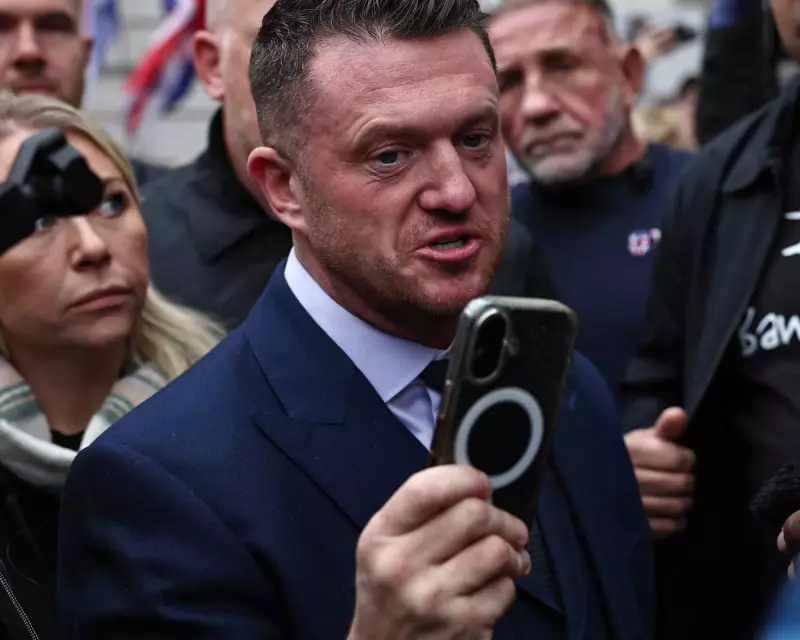
The Metropolitan Police have publicly defended their decision to stop and question far-right activist Tommy Robinson using controversial terrorism powers, stating they possessed "reasonable suspicion" about his alleged connections to extremist networks.
Stephen Yaxley-Lennon, who uses the pseudonym Tommy Robinson, was stopped by officers from the Met's Counter Terrorism Command near his home in Berkshire. The encounter, which occurred earlier this month, was conducted under Schedule 7 of the Terrorism Act 2000.
Legal Powers and Police Justification
In an official statement, the Metropolitan Police clarified that officers "must reasonably suspect the person is or has been concerned in the commission, preparation or instigation of acts of terrorism" to exercise Schedule 7 powers. The force confirmed they met this legal threshold when stopping Robinson.
"The decision to use these powers is not taken lightly," a police spokesperson emphasised. "Officers must have genuine suspicion based on available intelligence."
Robinson's Reaction and Public Response
The activist live-streamed portions of the encounter, during which he challenged officers about their reasons for stopping him. When police cited concerns about "travel to various locations" and meetings with "groups that are of extremist far-right ideology," Robinson demanded specific evidence.
The incident has reignited debates about police powers and their application to political activists. Supporters of Robinson have condemned the stop as political harassment, while others have defended the police's right to investigate potential extremist threats.
Understanding Schedule 7 Powers
Schedule 7 of the Terrorism Act 2000 grants police exceptional authority to stop, detain, and question individuals at ports, borders, and within the UK without needing suspicion of individual wrongdoing. However, the power must be exercised proportionately and for the purpose of determining whether a person appears to be involved in terrorism.
Civil liberty groups have long expressed concerns about the potential for misuse of these powers, particularly regarding their disproportionate use against certain communities.
The Metropolitan Police maintain that their actions were legally justified and necessary for ongoing counter-terrorism operations. The case continues to generate significant political and legal discussion about the balance between security powers and individual freedoms in modern Britain.





